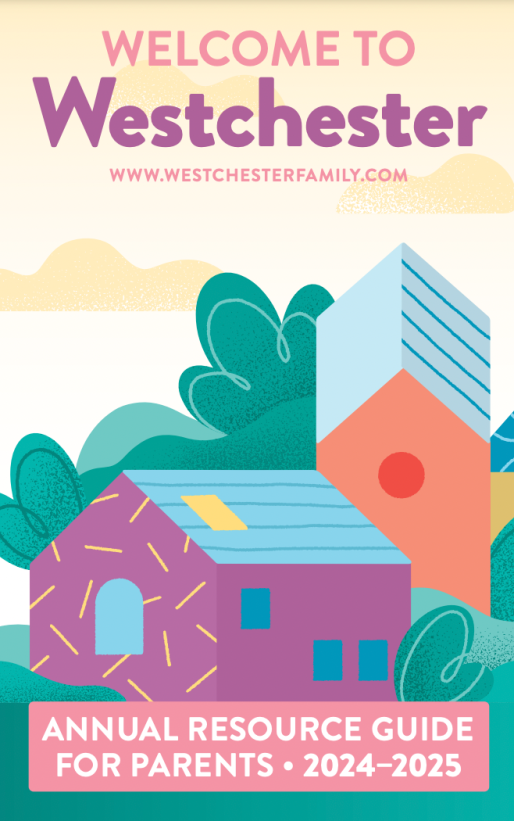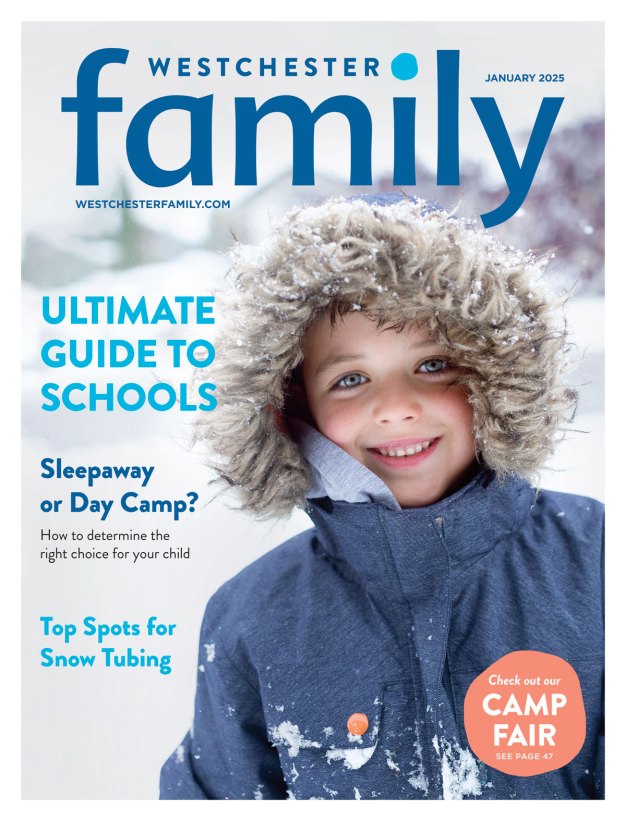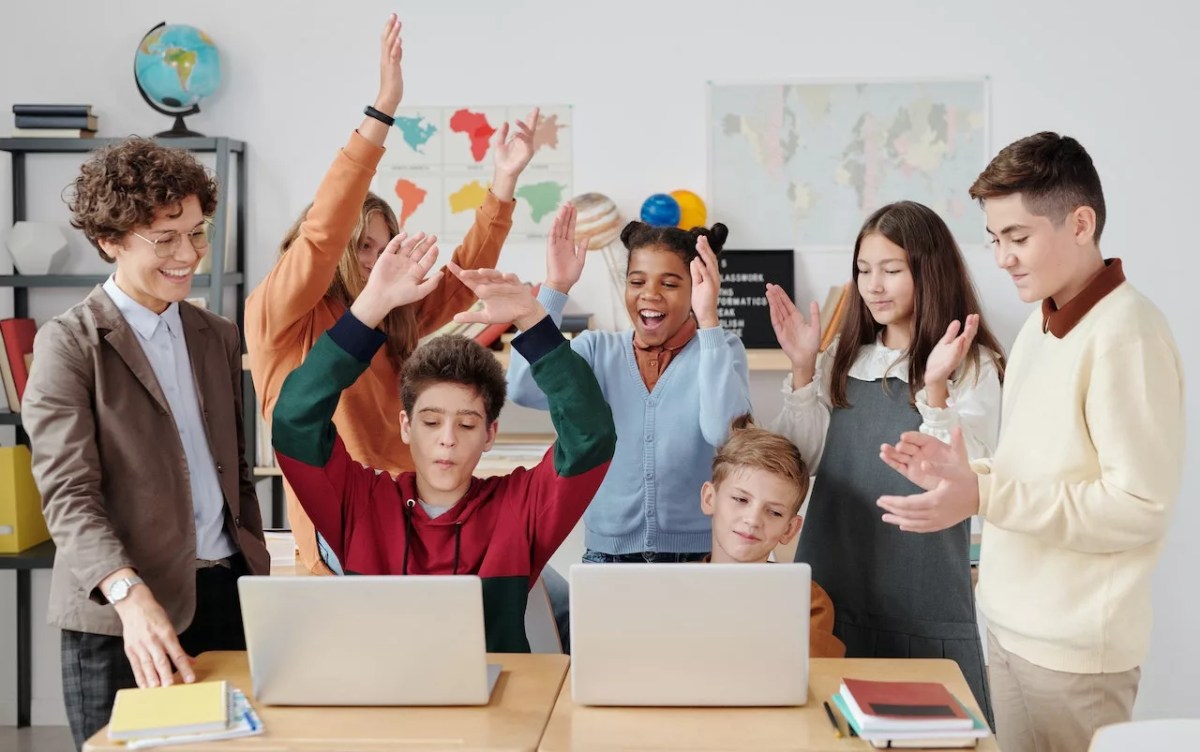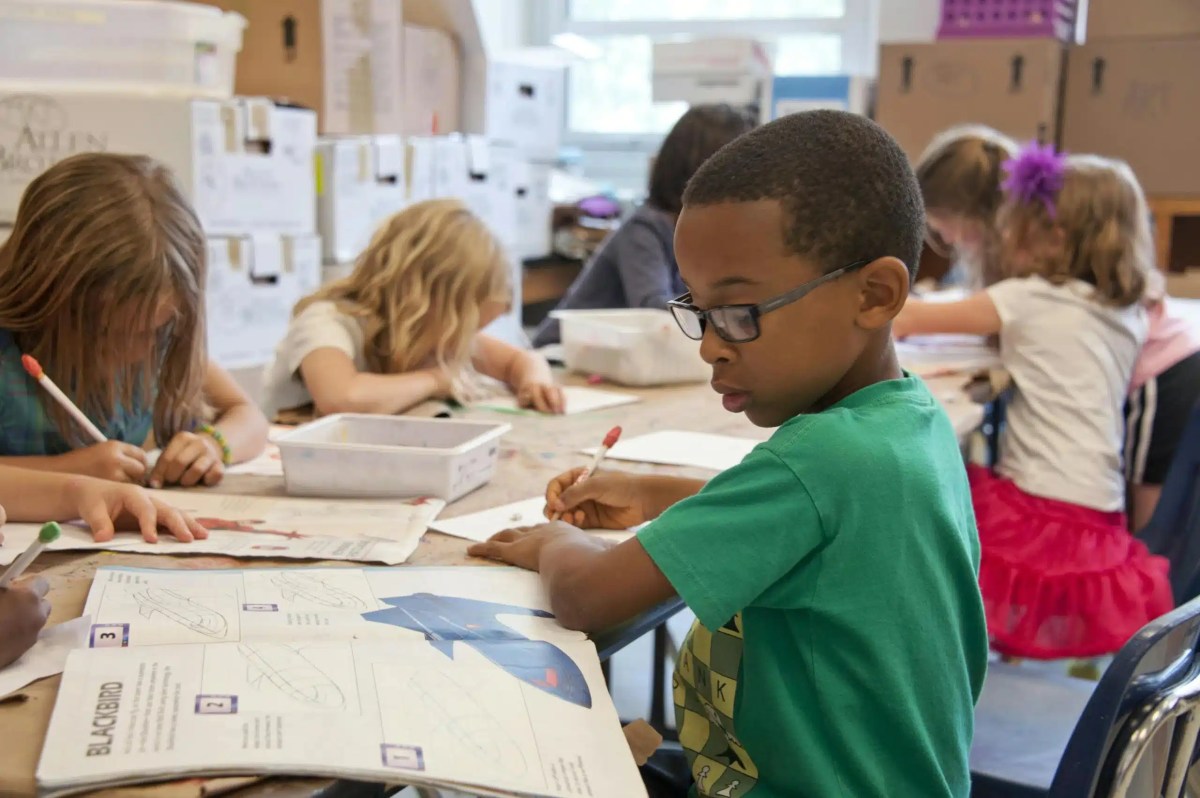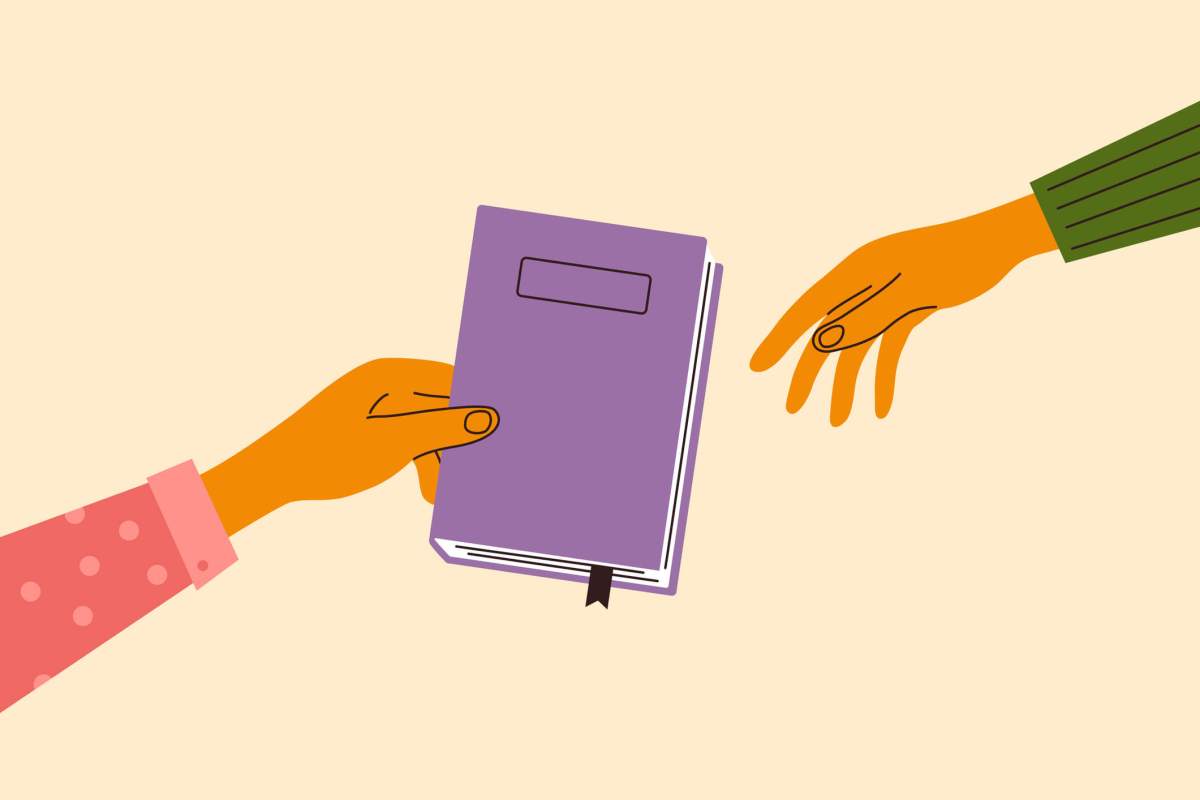Tween girls huddle around their bikes, checking brakes, fixing a flat, and then pedal off for a trail ride. Besides this girls-only cycling camp, Curious-on-Hudson, a workshop and lecture center in Dobbs Ferry, offers maker sessions on everything from woodworking to electronics to cooking. Founder Adele Falco says one memorable session had kids engrossed for a week designing and building a boat, then hopping aboard and testing it out on the Hudson River.
Across Westchester County, countless other kids are engrossed at maker spaces, trying their hand at anything from mini robotics and sewing, to aerodynamics and building structures.
Let’s Make It
Maker spaces. Maker activities. You’ve likely heard of them, if not experienced them with your family. What is this movement exactly? Tracing back to a reaction against consumerism, the hands-on maker movement started about a decade ago and features inventors, tinkerers, Maker Faires (the first took place in 2006 in San Mateo, Calif.), and its own magazine,
Make. Today, the U.S. even has a National Day of Making, June 18, established in 2014 by President Obama.
Tracy Kay, executive director of the Westchester Children’s Museum, says maker activities involve people “being creative with materials, either addressing a challenge or just being free to design something.” And technology such as 3D printing and robotics is absolutely part of it – although with an emphasis on producing versus consuming. “In the maker movement, there are a lot of tech challenges that people are solving,” says Kay.
More than a string of geeky pleasures, parents and proponents can tell you there’s a profound aspect to making. At their best, says Falco, activities fill a need. “The kids, they really have joy.” As for the big picture, observers such as James Fallows in The Atlantic feel “maker energy” could positively impact our country’s ability to foster new companies and create better jobs.
Want to know more? Here are some of the main benefits noted by observers and experts in the field.
A Rise in Self-Confidence, and Skill Development
“I think the maker movement is a counter response to a trend where everything is packaged, everything is handed to you – you don’t need to have any skills, just the ability to buy things,” says Falco, noting that kids’ confidence grows as they experiment, make things and develop dexterity. “My belief is that kids want to use their hands – it’s programmed into our DNA. Their natural curiosity involves not only intellectual curiosity but a physical one as well. The benefit is the pride a kid feels making something truly functional.”
STEM Learning Tie-In
The learning-by-doing approach is changing STEM (science, technology, engineering, math) learning too. Today, many schools in Westchester County are adding makerspaces filled with new, more affordable technology such as 3-D printers, electronic gadgets and coding software to attract kids to scientific exploration. Some schools and organizations have added art to the mix hence the other acronym, STEAM, that is also becoming popular.
Positive Social Experiences and Collaboration
Beyond educational value though, Kay says “the social aspect is just as incredible.” Kay says parents who visit the museum, often report being happy about quality time spent with their kids – they’re able to put away devices and fully devote themselves to building and engaging with their parents. “They’re having some fun creating a little town, for example, but at the same time talking about things that are quite meaningful to them.”
And makers learn collaboration skills too, says Falco. In the Think Big boat build, she says participants wanted to build their own vessels, but limits on time and materials got them working together. “Afterwards, they were all hugging each other by the river. It was wonderful.”
Joy and Belonging
As wonderful as technology is, Falco feels it separates us from the physical and social world around us. “Making allows us to interact in a most human way. These 5- and 6-year-olds are the most enthusiastic makers. When they come here, it is like they have found water in a desert.”
Finally, while there’s a broad appeal, maker spaces can be great for kids who aren’t into structured pastimes like sports. Malinda Barrett, a local parent whose school-age daughter has taken everything from woodworking to Claymation to comic book design at Curious-on-Hudson, says it’s an environment where her daughter can relax and truly be herself. “She is very artistic, and for her to be able to go and make and build and create what’s in her mind, it’s like a dream.”
Connie Jeske Crane is a freelance writer with an interest in technology.
Local Maker Resources
Want to encourage your little makers? Here are some great local resources to explore.
• Curious-on-Hudson, Dobbs Ferry – Located in a unique loft space, programming here includes summer and after-school programs for kids that celebrate the “maker” spirit from mini-robotics, 3D modelling and stop-motion animation to cooking and woodworking. curio
• The Digital Art Experience, White Plains – A variety of STEAM programming includes camps, classes, in-school workshops and birthday parties. theda
• Eileen Fisher Learning Lab, Irvington – The lab’s makerspace offers unique fashion-themed workshops with a sustainable focus. Learn to make recycled sweaters, use a small hand loom or explore pattern making. eilee
• MacInspires, Larchmont – Camps, classes and parties out of the Larchmont store offer kids a chance to explore 3D printing and littleBits, small modular circuits. macin
• The Rye Arts Center, Rye – Activities include classes, workshops and an annual free Maker Day featuring STEAM activities for kids of all ages. ryear
• Westchester Children’s Museum, Rye – The museum’s MakerSpace includes materials, a facilitator and various exhibits including a hovercraft design challenge and wind tunnel, and a large engineering construction set called Rigamajig. disco
Field Trip Ideas
• 8th Annual World Maker Faire New York – Sept. 23 to 24, 2017, New York Hall of Science. This family-friendly festival welcomes tech enthusiasts, crafters, educators, engineers, science clubs, students and commercial exhibitors. maker
• New York Hall of Science, Maker Space, Queens – Science museum includes a maker space offering camps, school programming and weekend workshops that are open to the public. nysci.org/
• Staten Island MakerSpace, Staten Island – This 6,000 sq. ft. space includes a metal shop, woodshop, computer lab and sewing studio. makerspace.nyc.
